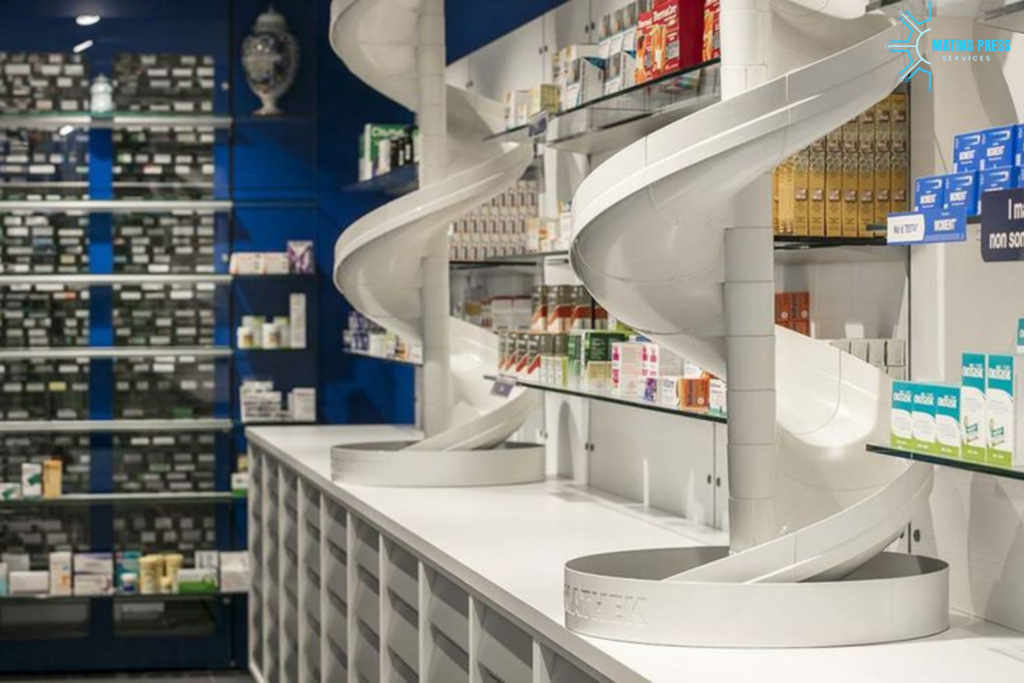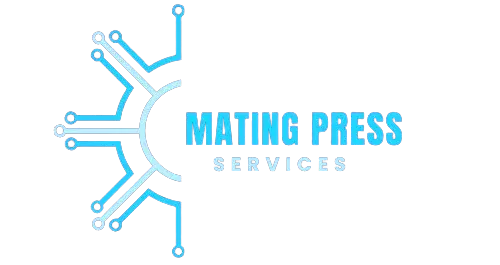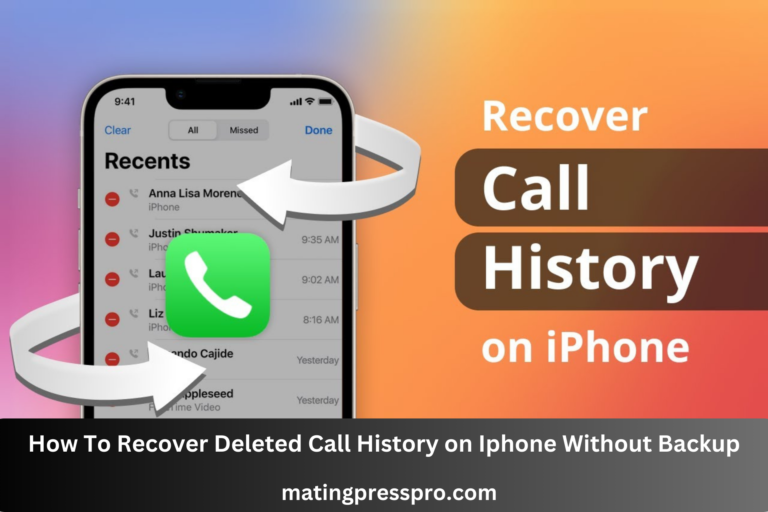Top 5 Skills Every CVS Pharmacy Tech Needs to Succeed

The position of a CVS pharmacy tech is more important than ever before in today’s fast changing healthcare landscape. These professionals guarantee the accuracy and timeliness of drug dispensation to patients, while also ensuring pharmacy runs smoothly within the organization. This complexity necessitates having a wide range of skills. The paper goes into detail about the top five required skills for any CVS Pharmacy Technician, explaining why these skills are important and providing practical insights on how they can be developed.
1. Expert Knowledge of Medications and Pharmaceuticals
Understanding Drug Names and Functions
Pharmacy technicians must have an extensive knowledge of drugs. This includes knowing both generic names and brand names, as well as their therapeutic uses, potential side effects, and interactions with other medications. This information helps in processing prescriptions properly.
Generic vs. Brand Names
- Generic Names: They represent the chemical names that are used in prescription orders most often (Klipperstomper 2014). For example, Tylenol’s generic name is acetaminophen.
- Brand Names: These are the names given to medicines by pharmaceutical companies for marketing purposes. Understanding both names helps in avoiding confusion and ensuring that the correct medication is dispensed.
Drug Classifications
It is also essential that technicians know different classes of drugs such as antibiotics or antihypertensive or analgesics (Martinez 2015). This knowledge enables them to choose right medication for certain ailments and understand their mechanisms of action.
Identifying Drug Interactions
Another vital skill for a pharmacy technician is being able to identify possible drug interactions (Givner 2004). It is critical to know how these interactions take place since it can impact patient’s health negatively if not taken into consideration during treatment process.
Types of Drug Interactions
- Pharmacokinetic Interactions: A drug influences another by affecting its absorption, distribution, metabolism, or excretion.
- Pharmacodynamic Interactions: These are the ways in which one drug adds to, modifies or negates the effect of another when taken together.
Using Drug Interaction Resources
Additionally, pharmacy technicians must be proficient in using drug interaction resources such as databases and reference books (Bennett 2013). These sources help to make informed decisions and provide accurate information to patients.
Staying Updated with Pharmaceutical Developments
The field of pharmacy is continually evolving with new drugs and treatment options. Pharmacy technicians must continuously update their knowledge base in order to offer up-to-date information on a given medication and dispense the most recent brand names available.
Continuing Education
Moreover, continuing education through seminars, workshops, online courses also assists pharmacy technicians in maintaining current knowledge regarding new pharmaceutical advancements (Johannesdottir 2016). Many professional organizations have certification programs and training opportunities that can expand their expertise.
Monitoring FDA Updates
It is important for them to keep track of new drug approvals and safety warnings from FDA (Taha 2014). In this way they would know if anything changes in their practice due to regulatory body’s developments.
2. Strong Communication Skills

Effective Patient Interaction
To interact effectively with clients who approach them directly for medication Pharmacy Technicians need excellent communication skills. They should be able to explain how medications are used properly and educate patients about other aspects of medication use.
Medication Instructions that are Completely Clear and Concise
The methods by which a pharmacist should explain medication instructions with patients, including dosage, timings and possible side effects should be clear, and precise. This will ensure that the patient understands his treatment and therefore uses simple language avoiding complex medical terms.
Attending to patient queries
It is important for pharmacy technicians to pay attention to what patients say and respond accordingly. These could include providing information about medications, addressing issues related to prescription refills or even giving guidance on how to manage adverse drug reactions.
Working with Other Healthcare Professionals
Apart from interacting with patients, pharmacy technicians should also work closely with pharmacists, doctors and other medical professionals. This teamwork is essential in ensuring accurate processing of prescriptions and effective management of patient care.
Liaising with Pharmacists
A technician would mainly liaise with pharmacists so as to ascertain prescription orders, keep tab on medicine stocks as well as addressing any arising challenges. By communicating their ideas effectively many tasks can be carried out without any errors.
Engaging Doctors and Medical Practitioners:
Pharmacy technicians may have to contact doctors or other healthcare providers regarding unclear prescription orders, potential drug interactions or any other concerns about a certain patient’s well-being. This enables appropriate interaction among these groups of people leading to satisfaction of patients’ needs.
Keeping Confidential Information Securely
Patient privacy is one aspect that must always be observed while communicating within a pharmaceutical setting. Personal health information should only be shared in strictest confidence by the pharmacy techs.
Understanding HIPAA Rules
Technicians need to acquaint themselves with HIPAA rules which regulate how confidential patient data ought to be handled. Consequently this ensures securing confidential records thus limiting access only from authorized individuals.
Implementing Privacy Measures
To maintain confidentiality as well as safeguarding personal information it is important for pharmacies to adopt several strategies such as having secure storage for patients’ records, using encrypted channels of communication and not discussing clients’ information in public places.
3. Attention to Detail

Accuracy in the Dispensing of Prescriptions
When it comes to prescription dispensing, attention to detail is key. The pharmacy technician will need to carefully review orders for prescriptions, verify the drugs’ labels and see to it that the medication given matches the details provided on paper.
Verifying Written Orders
A technician must always double confirm that a written order contains correct medication, dose, quantity and execution period before filling it out. This entails checking whether the patient’s name is in order or any other specific instructions made by a prescriber.
Checking for Proper Labeling
To avoid errors while dispensing medications accurate labeling is quite necessary. A pharmacist has a duty of making sure that there are no mistakes on such things as patient’s names on drug labels, dosage orders or warnings if any.
Monitoring Inventory and Stock Management
Pharmacy technicians are responsible for managing medication inventory and ensuring that the pharmacy is adequately stocked. Attention here needs to be paid so as not lose track of medicinal supplies quantities, their expiry schedule as well as emergence of new undertakings in terms of purchasing these items.
Keeping Track Of Expiry Dates
Regularly monitoring drugs expiry dates helps prevent dispensing expired medicines which might be harmful to patients. Pharmacists should have mechanisms through which they can monitor expiration dates subsequently removing such products from stock when due.
Placing Orders For More Supplies:
Effective stock management involves maintaining optimal inventory levels and placing orders for new supplies in a timely manner. It implies constantly observing consumer requirements ahead of time especially when additional goods need replenishing so as not run out of supply needed within reasonable periods of time.
Maintaining Accurate Records
Pharmacy operations need to be supported by accurate record keeping. These records must show what prescriptions have been filled, patients’ interactions with the healthcare provider and stock taking.
Documenting Prescription Fills
Pharmacy technicians must document each prescription fill including the date, medication name, dosage and any related notes. This documentation ensures compliance with regulations and tracks medicines used.
Maintaining Patient Records
Accurate patient’s records are vital in ensuring continuity of care as well as having updated medication history. It is important that pharmacy technicians make sure all patient records are complete and stored securely.
4. Proficiency with Pharmacy Technology

Utilizing Pharmacy Management Systems
Pharmacy management systems and electronic health records (EHRs) should be familiar areas for pharmacy technicians. So prescriptions run through these systems, which help them to manage their patients’ information while at the same time maintain accurate data.
Processing Prescriptions
The process of handling prescriptions is made easier through pharmacy management systems from order entry to drug dispensing. These systems should be able to help a pharmacy technician key in prescription details on one hand verify them before producing labels on the other.
Managing Patient Information
In electronic health records (EHRs), there are comprehensive data about various drugs taken, allergies available and treatment plans prescribed to patients. As a result, they need skilled personnel who can rapidly access EHRs in addition to making changes.
Navigating Automated Dispensing Systems
Medication dispensing accuracy as well as efficiency is improved via automated dispensing systems of medications. Such ability includes setting up medications among others troubleshooting issues when necessary just like it ensures proper functioning of automated dispensing systems.
Operating Automated Dispensers
When given an order for medication, automated dispensers can accurately dispense drugs within a short time span. Subsequently, such individuals would be expected to understand the functioning of these systems such as loading medications and managing inventory in addition to regular maintenance related activities.
Troubleshooting System Issues
There are instances when there are issues with automated dispensing systems. So, addressing this is essential for maintaining an effective and efficient dispensing process.
Adapting to Technological Advancements
In pharmacy technology, new tools and advancements emerge often. Therefore, CVS pharmacy technicians need to keep up with these changes so that they can enhance their skills as well as improve pharmacy operations.
Learning New Technologies
Pharmacy technicians have a responsibility to be proactive about learning any new technologies and tools in use within their field. This may mean attending training sessions, going through product manuals, or asking for advice from other workers.
Implementing Best Practices
When it comes to the use of new technologies, there is need for adopting best practices. CVS Pharmacy technicians therefore must adhere to guidelines and protocols if efficiency and accuracy should be maintained.
5. Customer Service Excellence
Providing Compassionate Patient Care
A good CVS pharmacy technician always delivers exceptional customer service. By providing compassionate support when necessary, it is possible to build trust between pharmacists and their customers thereby creating a nice environment at the drugstore.
Treating Patients with Empathy
It is crucial that pharmacist attendants approach patients professionally while bearing in mind that they crave for empathy from them. For example, they can lend a listening ear concerning patient’s worries needed by offering assistance on time so that no one feels offended.
Providing Clear and Supportive Communication
Excellent customer service requires effective communication skills across all staff members working in a healthcare organization like pharmacies (Shelton & Eisert, 2019). Thus all information provided about medicines should be honest and easily understandable by the patient waiting at the counter looking at you attentively.
Resolving Patient Concerns and Issues
Often, patients will have issues or concerns that need to be resolved promptly by a pharmacist technician. In such cases, problem-solving skills are very important when it comes to handling these matters so as to ensure customer satisfaction.
Handling Medication Errors
In case a medication mistake occurs, CVS pharmacy technicians should respond swiftly and rectify it. This includes communicating with the patient, fixing the error, and putting measures to prevent similar mistakes in the future.
Managing Insurance and Billing Issues
CVS Pharmacy technicians may also help patients with insurance and billing matters. They will need to confirm that their insurance covers them before they can process claims as well as answer any queries concerning means of payment.
Enhancing the Overall Pharmacy Experience
Creating a supportive atmosphere within the premises is critical for excellent customers’ experiences at retail pharmacies. Thus, other than working on improving how individual patients feel about this place of treatment, which could be helpful for this goal.
Maintaining a Clean and Organized Workspace
Keeping an immaculate pharmacy workspace is essential for both patients and workers. Therefore, there should be proper care of the drugstore by pharmacy technicians through clear directions and minimal distractions.
Providing Personalized Service
One-on-one assistance makes sure that a patient’s experience sticks in their mind forever. With time spent getting to know them along with their choices remembered for later use when offering personalized guidance according to each person’s circumstances since no two individuals share similar requirements.
FAQs About CVS Pharmacy Technician Skills
1. What are the primary responsibilities of a CVS Pharmacy Technician?
Tasks performed by these specialists include preparation of medications (both prescription/non-prescription), monitoring stocks/orders, frontline support to clients or even assisting pharmacists among others and ensuring prescriptions are filled precisely while advising patients accordingly regarding medicines being offered plus maintaining tidy dispensaries.
2. Why is knowledge of medications important for CVS pharmacy technicians?
This field requires a high level of expertise in drugs to enable correct processing and issuing or drugs, knowledge of drug interactions as well as proper advice given to patients about their medications. This way, the risks of medication errors are minimized leading to a safer and more effective patient treatment.
3. How can CVS pharmacy technicians stay updated on pharmaceutical developments?
It is possible for pharmacy technicians to remain informed about advancements in the field by enrolling for continuing education classes or attending seminars organized by pharmaceutical associations like American Society of Health-System Pharmacists (ASHP) among others. Additionally, there are various certifications that have been developed by professional organizations which help ensure that they receive up-to-date training.
4. What communication skills are essential for a CVS pharmacy technician?
A good CVS pharmacy technician must be able to explain medicine usage clearly; talk with patients, other medical professionals, and keep secrets private when required. Thus, being competent in this department will make it easier for such an individual to keep his/her customers well-informed on their health care plan while collaborating effectively with other healthcare providers.
5. How does attention to detail impact a CVS pharmacy technician’s role?
To succeed in any career choice, one needs to give utmost attention to all details including issues like dispensing prescriptions correctly through maintaining inventory levels accurately while recording every transaction meticulously. That would go a long way towards preventing medical mistakes as well as protecting patients’ lives during treatments.
6. What role does technology play in a CVS pharmacy technician’s job?
This is critical because it helps minimize human error related problems thus allowing quicker prescription processes at the same time enhancing stock control within medical facilities where these services are provided. For instance, being knowledgeable on how assorted applications designed for easy running of electronic records work will be crucial since updating them regularly could make them work better than before saving time and other resources used when operating between different people involved whether electronically or manually.
7. How significant is the patient service role of a CVS pharmacy technician?
In performing their work, pharmacists should be well versed in customer satisfaction because it affects directly patients’ satisfaction and overall experience at the pharmacy. Developing relationships that are built on trust and mutual respect through compassion, listening to patient’s concerns and needs as well as offering customized services.
8. What are some typical challenges faced by CVS pharmacy technicians?
CVS Pharmacy technicians face several challenges such as overloaded working schedules, dealing with difficult or upset patients, ensuring precision even in a fast moving environment and keeping with changing pharmaceutical information and technologies. Dealing with such requires sharp organizational abilities, good communication and adaptability to new insights.
9. How can CVS pharmacy technicians improve their skills and progress in their careers?
An individual can become better at his or her career or learn more techniques for growth by gaining more certifications, participating in continuous training programs, switching jobs within different kinds of pharmacies or seeking guidance from seasoned support staff. This will improve one’s knowledge base thereby opening up opportunities for career advancement.
Conclusion; The Top 5 Skills Every CVS Pharmacy Tech Needs to Succeed
For a CVS Pharmacy Technician, its position is multifaceted and requires a versatile range of abilities. A single skill for each of them is also very important; the knowledge about particular drugs, communication skills as well as excellent customer service are all required to keep the pharmacy running smoothly and to maintain the wellness of patients. Pharmacy technicians can improve their performance by concentrating on these core skills.






